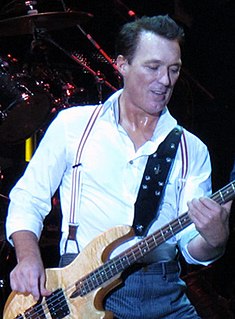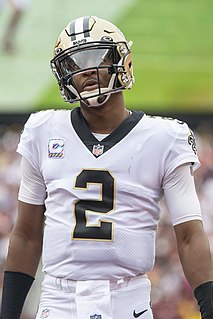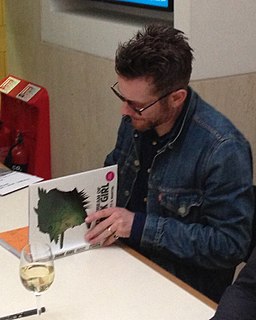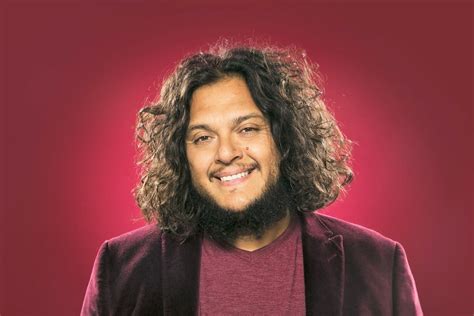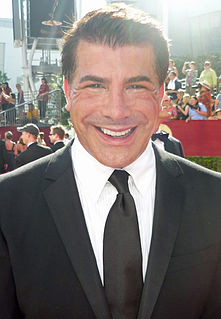A Quote by Martin Kemp
As a child I was painfully embarrassed by everything, always blushing and unable to make eye contact.
Quote Topics
Related Quotes
A child who's been injured by a parent waits her whole life for some acknowledgment of the wrong that's been done, some validation from him that her pain is real, that he's sorry and will make amends. The child will wait forever, unable to move forward, unable to forgive, without someone to acknowledge the past. In that powerlessness comes a terrible rage.
A very tall man once asked a question after my talk. Before beginning his question, he explained that the reason he was standing up is not to be intimidating but rather to make eye contact. His question was essentially "are we really interested in moral motives? Isn't it all about action?". I pointed out to him that it was not enough for him to do the right thing - stand up - but he also wanted me to know that he is doing it from the right motive or for the right reason - to make eye contact, rather than to be intimidating. Voila, moral psychology.
Friends serve central functions for children that parents do not, and they play a critical role in shaping children's social skills and their sense of identity. . . . The difference between a child with close friendships and a child who wants to make friends but is unable to can be the difference between a child who is happy and a child who is distressed in one large area of life.
